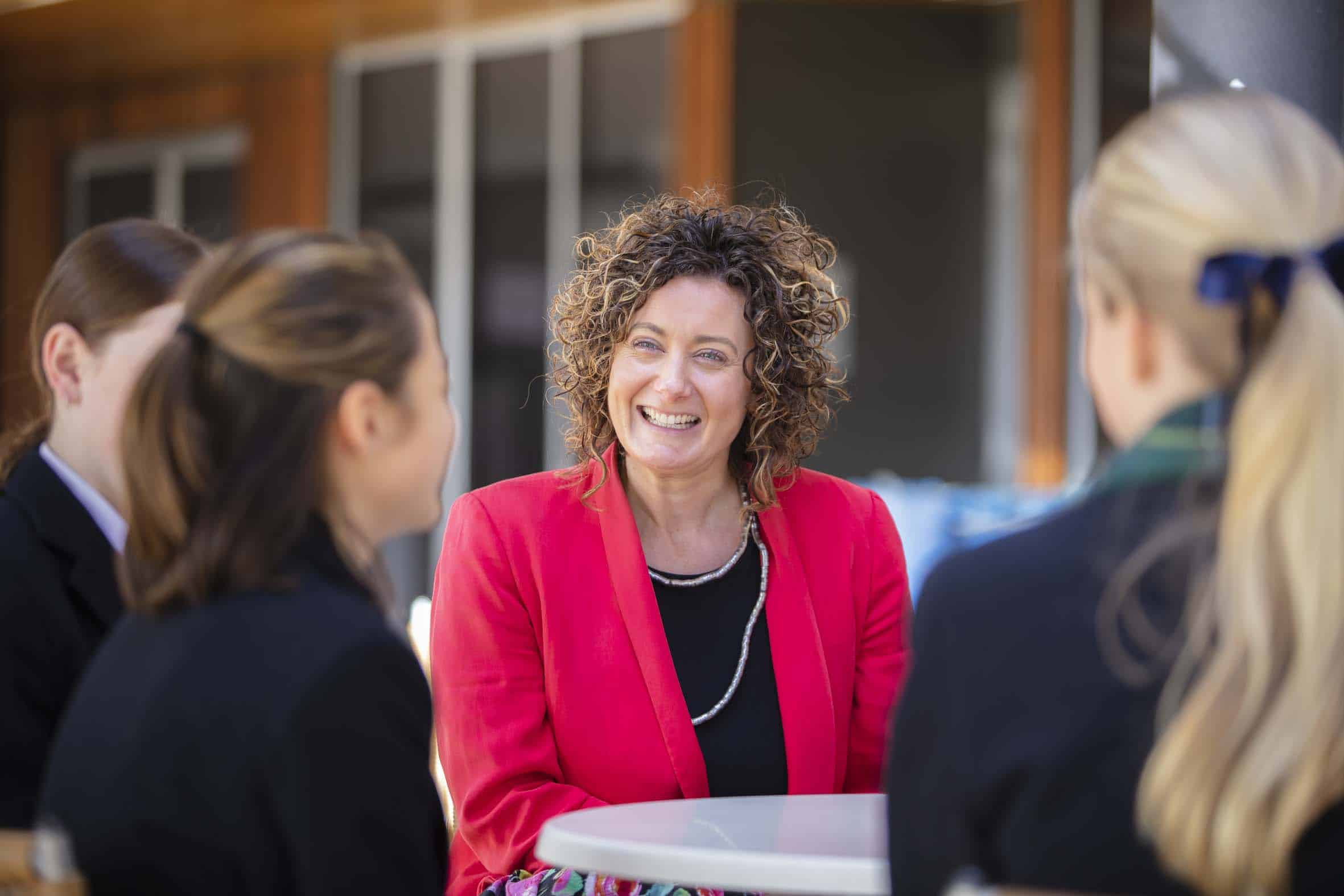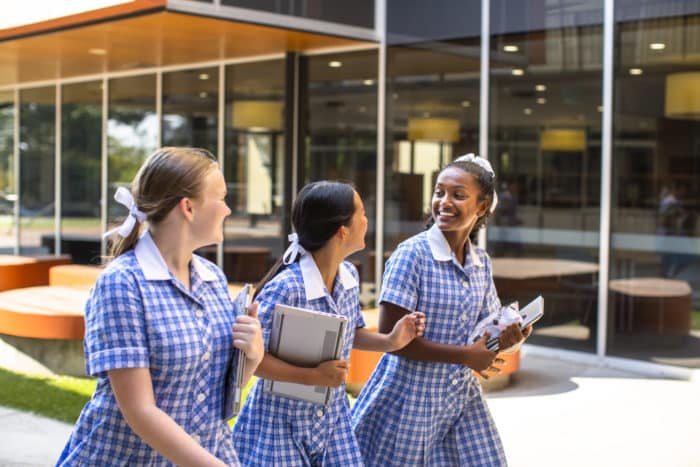Strathcona is fortunate to be a member of the National Coalition of Girls’ Schools and their Global Action Research Collaborative (GARC). This year, I was invited to participate as a research fellow for their 2021-2022 cohort, which involves conducting school-based research into girls’ education. We are exploring the topic of ‘Building Problem-Solving Capacity, Confidence, and Skills in Girls’ over the course of the inquiry, and the project culminates with a written research paper to be presented to a global community in June 2022.
In preparation, the GARC team meet every two weeks via zoom, and we discuss the expectations of action research, the implications for the literature review and the processes involved in data collection and collation. This research community is driven by our work with our own students, and each of the 26 research fellows has tailored their own design question to their context and interest. These educators are spread across the corners of the globe, so our daily experiences may be quite different, but at the juncture of our connection is adolescent girls and their education.
My own initial interest in this exploration springboards closely from my work with the wellbeing of our students, as I have been positioned as a year-level coordinator or Head of House over the course of my career and have therefore spent much time considering best practice around improving student welfare. I am interested in the emotional change that girls often experience as they move through the senior years of their schooling. From my view, girls generally begin their secondary journey as bright, bubbly and confident Middle Schoolers, and they progress into the Senior years as sometimes overwhelmed by anxiety, perfectionism and crippling expectations. I am in the process of researching the reasons for this derailment, and will conduct action research later in the year with the intention of offering some solutions through problem-solving and inquiry-based thinking skills, which may better bolster these girls through the entire course of their education; 7-12.
As teachers, we understand the fundamental necessity of collaboration in our work and lives. Much of the discourse around the problems we faced in 2020 remain embedded in the fact that we could not come together physically for our learning, we could not experience the daily bustle of campus life in our community, and could not share personal experience in a straightforward way. Whilst this style of learning certainly had its’ merits, so too did it present pitfalls. One such challenge was in our lack of human connection; the joy that people can bring to one another when simply sitting around a classroom together. Educational researchers have noted these dynamics for many years, and Gorse and Sanderson observed that “groups perform better when they sense themselves as a unified team with a shared sense of responsibility”, (Gorse and Sanderson, 2007). Schools are very good at creating explicit experiences for group work and community-based learning, and I hope to tailor this focus to better support collaboration, student connection and social confidence. We are in a privileged position as the educators of girls, and it is with keen interest that we strive to improve educational outcomes for all students in our community, each day.
Mrs Rhiannon Ward – English Teacher and Head of Grenfell House
References
Gorse, C. A., and Sanderson, A. M., (2007) Exploring Group Work Dynamics. In Proceedings 23rd Annual ARCOM conference, ed. D. Boyd, 295-304. Belfast, UK: Association of Researchers in Construction Management.




